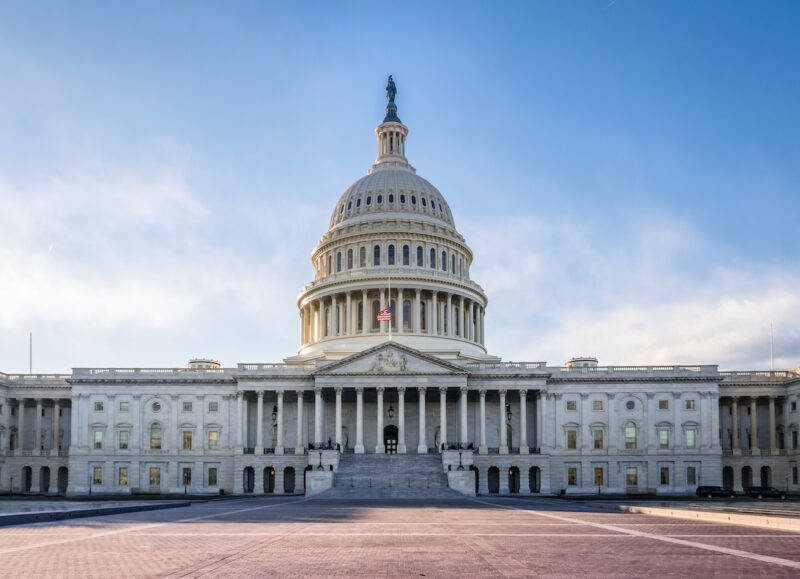
US, China temporary slash on tariffs greeted with relief
In a move that could bring welcome relief to specialty agriculture and horticulture businesses caught in the crossfire of international trade disputes, the Trump administration announced a 90-day reduction in tariffs on Chinese imports.
Reuters, CNN, NBC News and other news outlets reported the move will slash U.S. tariffs on Chinese goods, which currently run at 145%, to 30% and slash China’s retaliatory duties from 125% to 10%.
Officials from the two counties met in Geneva over the weekend.
The new 30% rate is the sum of the 20% duty imposed during the first weeks of President Donald Trump’s second term in response to alleged Chinese inaction on fentanyl flows, alongside the 10% across-the-board tariff Trump has imposed on all countries, according to an NBC News report.
In reaction to the news, the S&P 500 climbed 2.6% and the Dow Jones Industrial Average 2.5%. Tech-focused Nasdaq jumped 3.5%. Technology stocks, including smartphone makers, had dipped amid trade tensions.
The agreement said countermeasures imposed by China after April 2 would be removed. On March 4, China announced levies on $21 billion worth of American agricultural and food products.
China imported $29.25 billion worth of U.S. agricultural products in 2024, according to Reuters. That included about half of U.S. soybeans, the largest U.S. ag commodity shipped to China, or $12.8 billion.
The U.S. soybean market share in China dropped to 21% in 2024 from 40% in 2016, Reuters reported, as China increasingly relies on cheaper Brazilian product.
Overall, U.S. ag exports to China have declined since tariffs of up to 25% on soybeans, beef, pork, wheat, corn and sorghum in retaliation for duties on Chinese goods were imposed by Trump in his first term in 2018.
Also Monday, the U.S. and the U.K. announced a framework trade agreement. According to Politico, the U.S. plans to export $5 billion in products like machinery and ethanol, along with agricultural products, to Great Britain, with the 10% baseline tariff on British imports remaining.
In return, the U.K. can export to the U.S. 100,000 cars at a 10% tariff rate instead of the current 25% rate.
“We applaud the U.S. and China for agreeing to a 90-day pause on the 125% reciprocal and retaliatory tariffs,” he said. “We are encouraged by these constructive negotiations, which provide for a significant de-escalation in the current trade relationship.
“This temporary pause is a critical first step to provide some short-term relief for retailers and other businesses that are in the midst of ordering merchandise for the winter holiday season. And over the long term, this lays the foundation for substantial progress in achieving truly fair and balanced trade relationships with both China and our other trade partners around the world.
“We urge the administration and our Chinese trade partners to continue discussions to address the ongoing issues, work to remove the remaining national security tariffs, and provide long-term stability between the two largest global economies.”









 Video Library
Video Library 


















